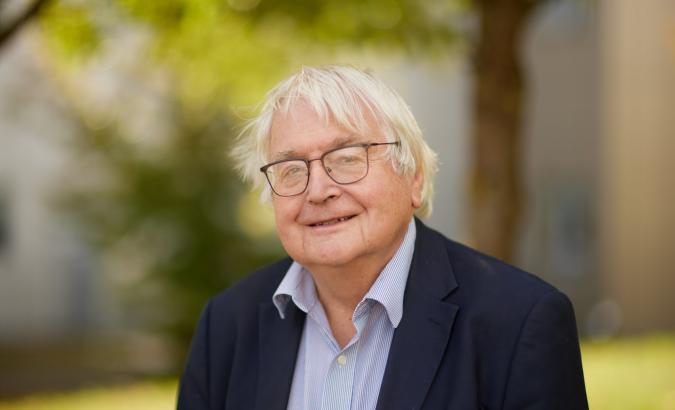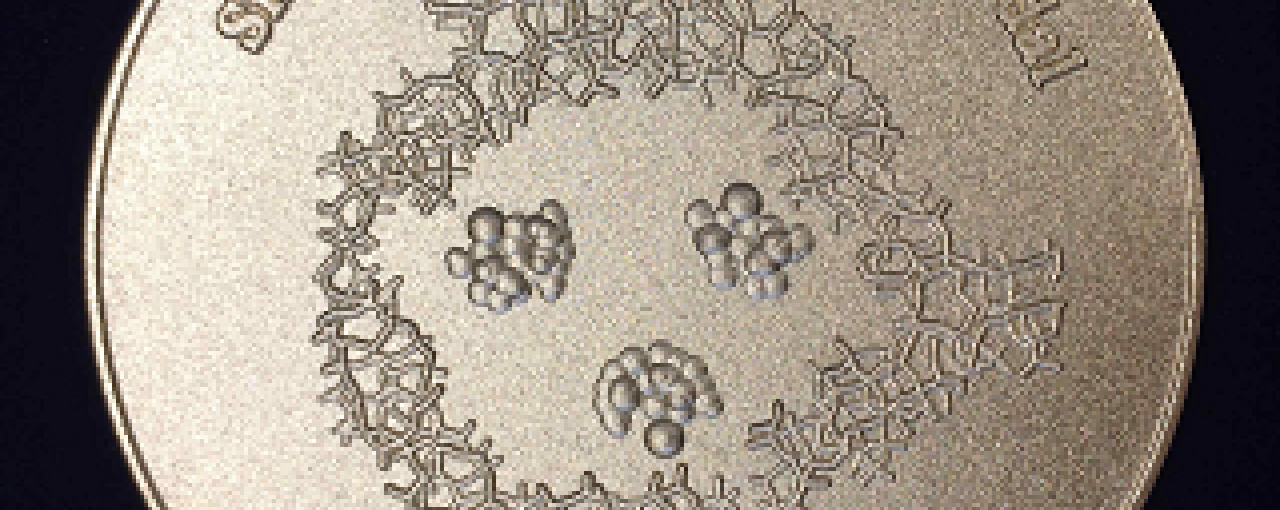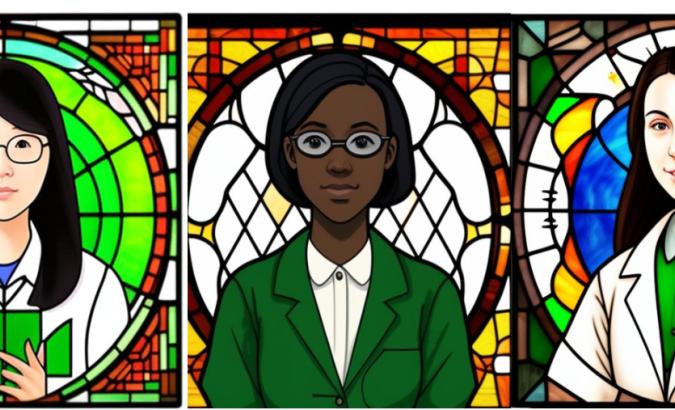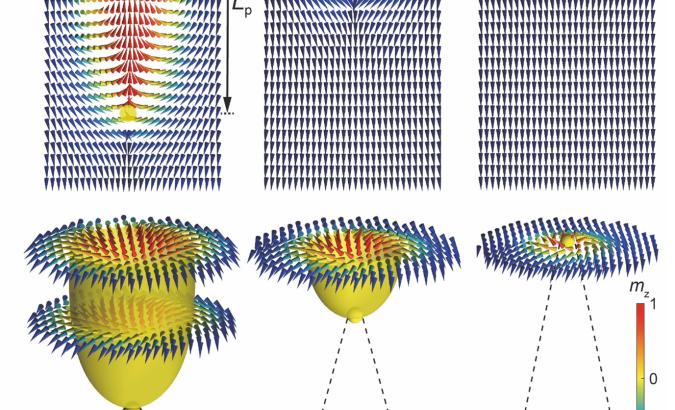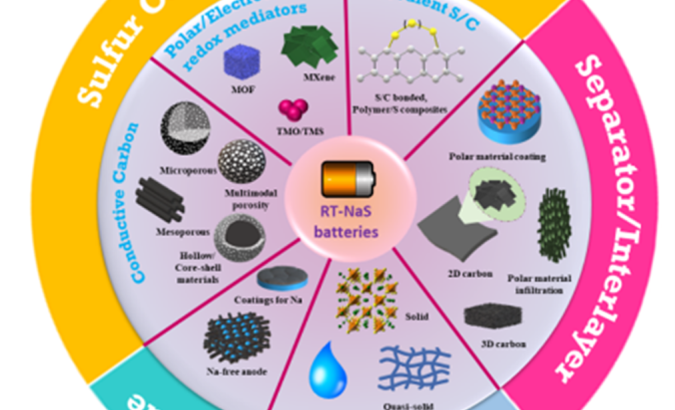The UK Catalysis Hub have named Professor Adrian Mulholland from the University of Bristol as winner of the Sir John Meurig Thomas Catalysis Medal at the UK Catalysis Hub Winter Conference on the 7th of December 2020. Prof. Adrian Mulholland was selected from the nominations for top mid-career scientists working in the United Kingdom to win the medal for 2020.
Professor Chris Hardacre, UK Catalysis Hub Director said, “Adrian Mulholland has pioneered computational modelling of enzyme-catalysed reactions to reveal catalytic mechanisms and analyse the effects of protein dynamics. His work has shown how simulations complement experiments, in applications ranging from antibiotic resistance to enzyme evolution and design. He is a worthy winner of the JMT Medal.”
The medal honours the achievements of Sir John Meurig Thomas, a distinguished professor in the field of catalysis who sadly passed away this year. He was a remarkable man and one of the most eminent figures in catalytic science in the past 100 years, who was a pioneer in many of the techniques and concepts that have now become standard in the field. He was generous with his time and support for the UK Catalysis Hub and its events and the Hub is proud to have established 2016 an annual award in honour of his achievements. He will be missed by scientists in the Hub community and worldwide. In a recent interview with the Research Complex, Sir Richard Catlow mentioned Sir John as a major influence.
Prof. Adrian Mulholland delivered a lecture on catalysis virtually to the UK Catalysis Hub Winter conference attended by over 100 people. He said on winning, “I am honoured to receive the Sir John Meurig Thomas Catalysis Medal. The award of the JMT Medal to a computational scientist demonstrates the real contribution that molecular simulation and multiscale modelling now make to understanding catalysts, in my case particularly enzymes, biological catalysts.”
Prof. Adrian Mulholland gained his first degree from Bristol, where he was awarded the Garner Prize for graduating top of his year. He then worked at ICI Pharmaceuticals (now AstraZeneca), before doctoral studies with Graham Richards at Oxford University. It was during his doctoral studies that he began working on multiscale combined quantum mechanics/molecular mechanics (QM/MM) methods for modelling enzyme-catalysed reactions. He was awarded a Wellcome Trust Prize Travelling Research Fellowship to work with Prof. Martin Karplus at Harvard, and then in the School of Chemistry, University of Bristol. He was appointed as Lecturer at Bristol in 2000 and Professor in 2009. He was awarded an EPSRC Advanced Research Fellowship (1998-2003) and EPSRC Leadership Fellowship (2008-2014). As Chair of the Molecular Graphics and Modelling Society (2004-2008), he oversaw its conversion to a Registered Charity, and established the MGMS Silver Jubilee Award for Early Career Researchers. He plays a leading role in building the UK biomolecular simulation community, e.g. establishing and chairing the UK networks CCP-BioSim (ccpbiosim.ac.uk) and HECBioSim (hecbiosim.ac.uk). He is Chair of the CCP Steering Panel and of the Steering Group of the UK Catalysis Hub. He established (2015) and led BristolBridge, an interdisciplinary project funded by EPSRC to ‘bridge the gaps’ between engineering and physical sciences and antimicrobial resistance. He was Chair of the 2016 Computational Chemistry Gordon Research Conference. He has a strong interest in the application of high-performance computing (HPC) for biomolecular simulations. His recent work includes modelling of SARS-CoV-2 proteins as potential COVID-19 drug targets. His research is supported currently by the British Society for Antimicrobial Chemotherapy, BBSRC, EPSRC, MRC, BP, Janssen Pharmaceuticals and Oracle.
Speakers for the Catalysis Hub Winter conference included members of the Catalysis Hub and wider international catalysis community. The JMT medal was generously sponsored by BP, JM, Dr. Reddy’s, Givaudan and Royal Society of Chemistry Applied Catalysis Group.
Further Information
Highlight Papers:
Identification of the Initial Steps in Signal Transduction in the α4β2 Nicotinic Receptor: Insights from Equilibrium and Nonequilibrium Simulations. Oliveira, A. S.O., Shoemark, D. K., Rego Campello, H., Wonnacott, S., Gallagher, T., Sessions, R. B. and Mulholland A.J., Structure, 2019 just accepted, DOI: 10.1016/j.str.2019.04.008
Visualizing protein–ligand binding with chemical energy-wise decomposition (CHEWD): application to ligand binding in the kallikrein-8 S1 Site, Raza, S., Ranaghan, K.E., van der Kamp, M.W., Woods, C.J., Mulholland, A.J., and Azam, S.S., J. Comput. Aided. Mol. Des. 2019, DOI: 10.1007/s10822-019-00200-4
Quantum Mechanics/Molecular Mechanics (QM/MM) Calculations Support a Concerted Reaction Mechanism for the Zika Virus NS2B/NS3 Serine Protease with Its Substrate. Nutho, B., Mulholland, A. J., and Rungrotmongkol, T. J. Phys. Chem. B. 2019 Just Accepted Manuscript, DOI:10.1021/acs.jpcb.9b02157
Simulations of Shikimate Dehydrogenase from Mycobacterium tuberculosis in Complex with 3-dehydroshikimate and NADPH Suggest Strategies for MtbSDH inhibition. Punkvang, A., Kamsri, P., Mulholland, A. J., Spencer, J., Hannongbua, S., and Pungpo, P. J. Chem. Inf. Model. 2019 Just Accepted Manuscript, DOI: 10.1021/acs.jcim.8b00834
Mulholland Research Group website – https://mulhollandgroup.wordpress.com
BristolBridge – https://www.bristol.ac.uk/amr/about/bristolbridge/
UK Catalysis Hub
The UK Catalysis Hub is Consortia of universities involved in Catalysis research lead by Cardiff, Bath and Manchester. The hub has a range of Projects around the UK
Aims
The UK Catalysis Hub aims to interact, network and build the UK catalysis and wider international catalysis community through collaborative projects, meetings, conferences and research outputs, including publications. The Hub endeavours to develop a broad scientific program, from fundamentals for tackling big challenges to allowing extensive collaboration to develop new catalysts, reactions and process. In turn, this provides fundamental understanding, benefiting industry, the economy and scientific understanding. The UK Catalysis Hub also aims to develop the next generation of students, through courses, conferences, PhD programs, summer schools and outreach activities.


